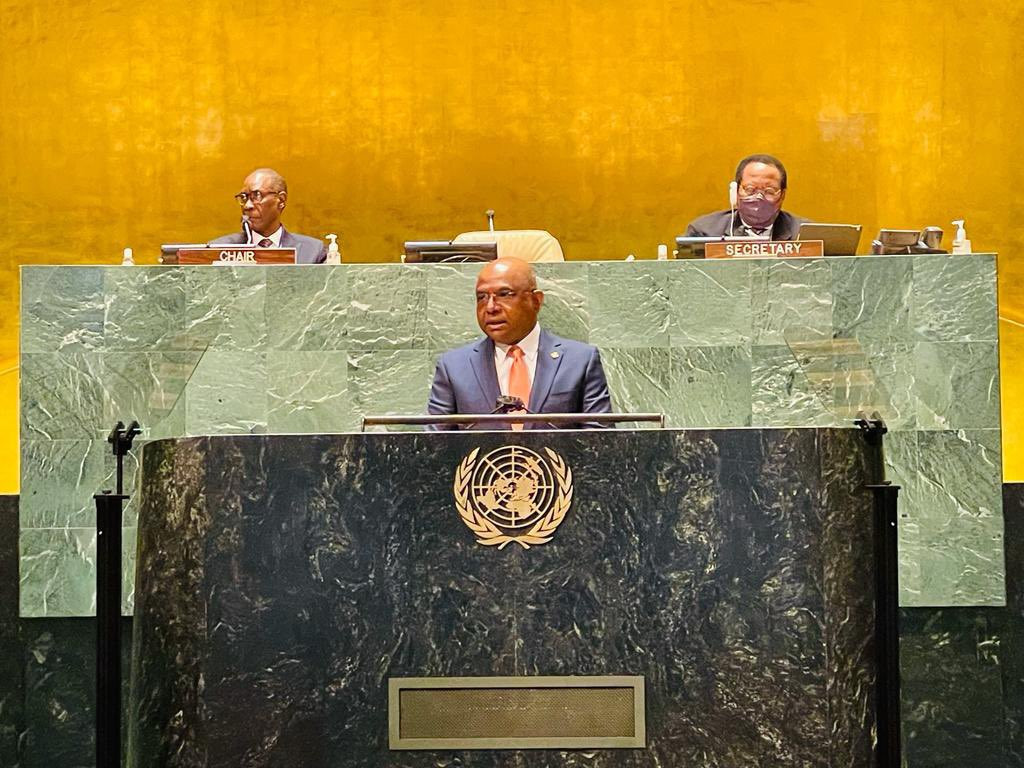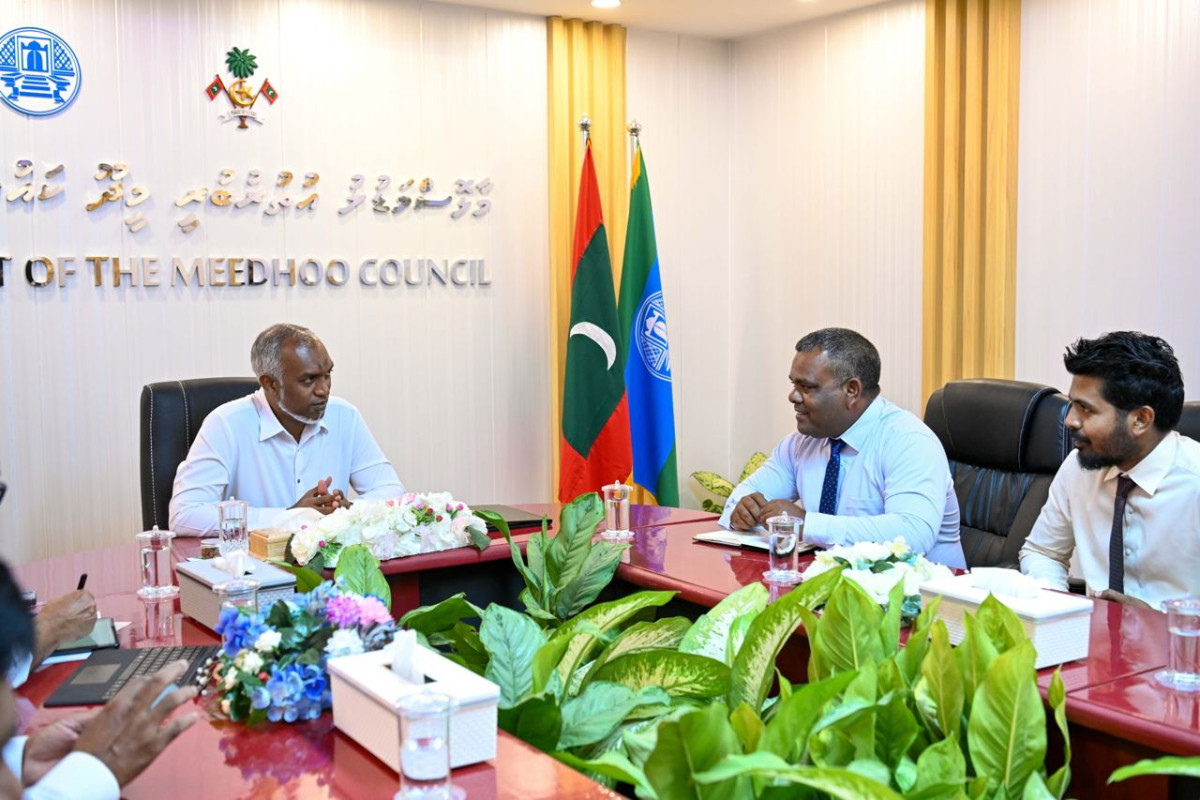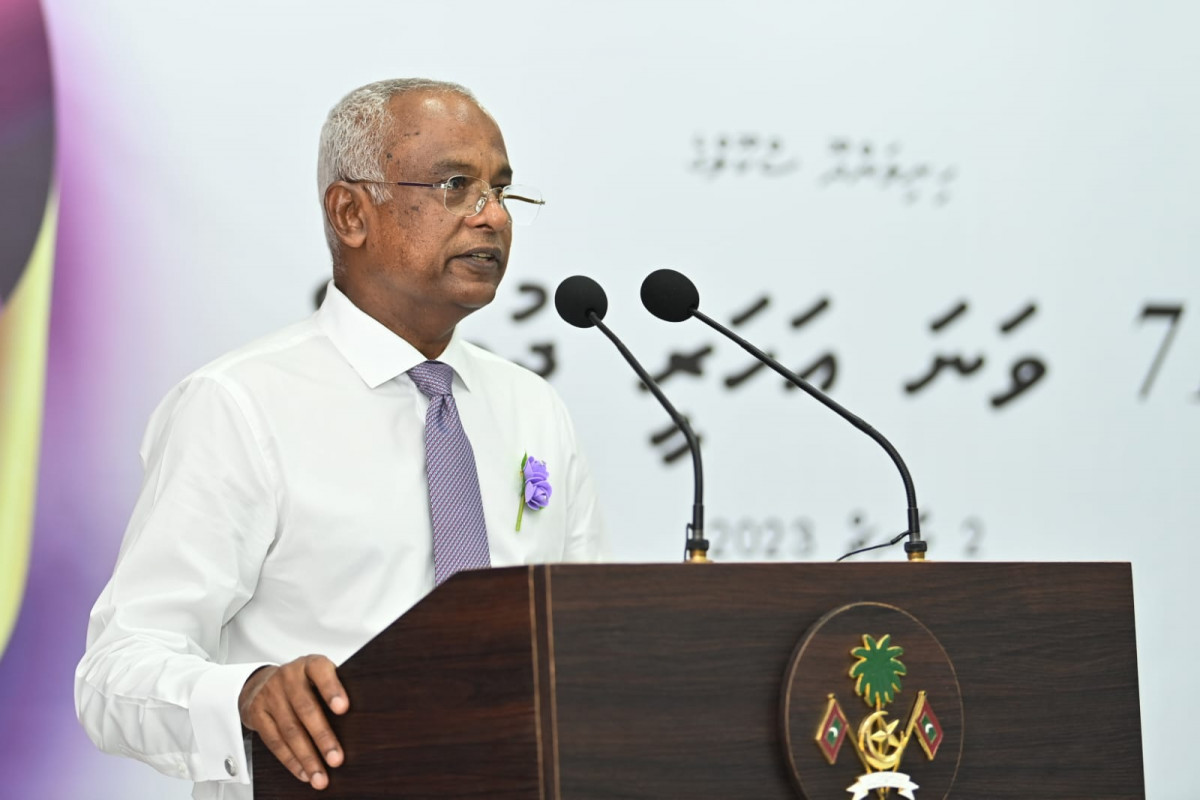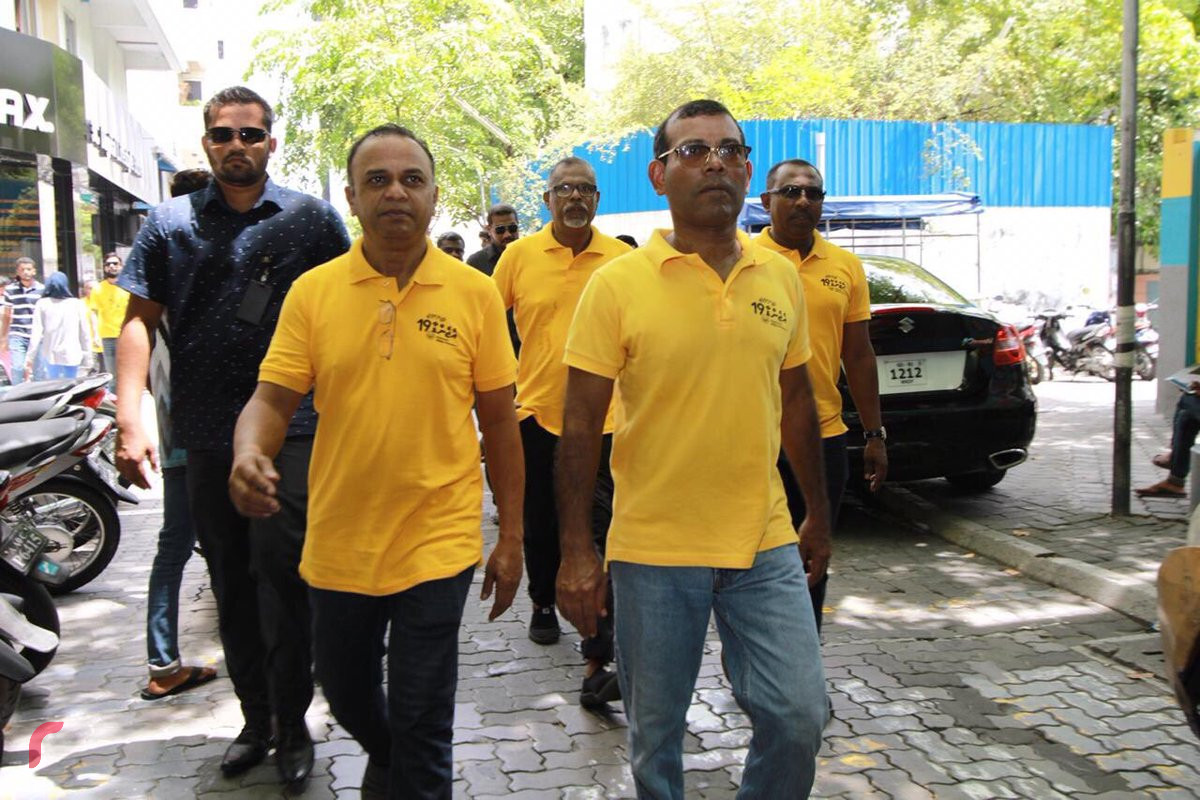Transformation of tourism should reduce the sector’s carbon footprint: PGA
He said that transformation of tourism should reduce income inequality


Abdulla Shahid, United Nations General Assembly President
Transformation oftourismshould reduce the sector’s carbon footprint, says President of the 76th Session of the United Nations General Assembly (UNGA), Abdulla Shahid.
The Maldivian Minister of Foreign Affairs، who also President of the 76th Session of the United Nations General Assembly (UNGA), made this statement in his closing remarks at the High-Level Thematic Debate on Sustainable Tourism on Thursday.
As such, expressing gratitude for a very fruitful and rich debate, the PGA noted that the insights provided on the role and significance of sustainable and resilient tourism for an inclusive recovery from Covid-19, have been very “enriching” and “informative” in paving the way forward.
PGA Shahid said that the unparalleled tolls of the pandemic have been far-reaching and wide, without a doubt.
Further, he urged the communities worldwide to ask themselves, “what’s next?” now in the third year of the Covid-19 pandemic.
As such, he asked three key questions:
How can we, as a global community, move beyond the pandemic, rebuild economies, and restore hope and trust?
How can we reclaim the Decade of Action for the Sustainable Development Goals, as a “Decade of Recovery?
How do we ensure that the private sector and all actors look beyond the bottom line to really care about a sustainable transformation?
PGA Shahid noted that it is critical that efforts to rebuild and transform the tourism sector are done with people, planet and prosperity at the heart as well as in partnership with governments, the private sector and civil society, as demonstrated by the multi-stakeholder debate.
He went on to state that the discussions at the debate underscored how “powerful” tourism can be as a driver of sustainable development.
However, he stressed that this is not something that is given, as there is no guarantee, adding that it must be well-managed to reduce the sector’s carbon footprint and help fight climate change.
PGA Shahid also stated that tourism must contribute to reducing economic and income inequality while promoting prosperity and it must also support local and indigenous communities, protect and conserve biodiversity, all the while keeping income within destination countries.
Highlighting that it is such collaborative platforms that presents the people to opportunity to share best practices and lessons to transform these goals into reality, PGA Shahid noted that the summary of the debate will emphasize these best practices and recommended actions that were approached during the discussions.
PGA Shahid went on to urge to take the momentum generated at the debate, forward in order to undertake concrete actions within the respective spheres of influence.
In conclusion, he stated that the globe has a “once in a generation” opportunity to transform tourism for people, plant and prosperity.
He concluded by urging to seize the opportunity to make the tourism sector a part of the solution and not the problem.






